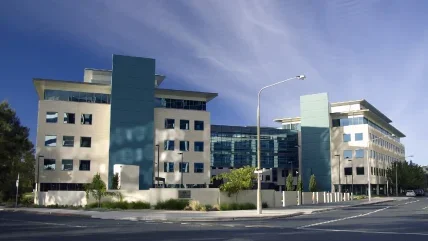
Cartherics Pty Ltd (“Cartherics” or “Company”), a biotechnology company developing immune cell therapies for the treatment of cancer, is pleased to announce that it has been granted its first Australian patent, AU2016361451, entitled “Genetically modified cells and uses thereof”, providing patent support for multiple development candidates in the Company’s pipeline.
This patent enhances Cartherics’ expanding intellectual property portfolio and covers aspects of the Company’s chimeric antigen receptor (CAR) technology, particularly in relation to its CAR directed against the tumour-associated antigen, TAG-72. TAG-72 is highly expressed on a range of adenocarcinomas, including ovarian and gastric cancers. The patent issuance marks a significant milestone in developing innovative, new treatments for these cancers.
The Australian patent is part of a broader patent family, with applications for similar protection filed in key jurisdictions such as the US, Japan, and Europe. In addition, Cartherics has also filed a divisional application covering other aspects of this invention.
This granted patent provides Cartherics protection for its TAG-72 CAR construct. T cells or natural killer (NK) cells carrying the CAR have demonstrated as compelling efficacy against human ovarian cell lines, in both in vitro and in vivo. The Company’s lead product CTH-401, incorporates the TAG-72 CAR and the initial indication for this product is relapsed or refractory ovarian cancer, where over 90 percent of tumours are TAG-72 positive.
Ovarian cancer is the leading cause of death in women diagnosed with gynaecological cancers and also the fifth most leading cause of death in women, in general. Targeting these tumours with novel cellular immunotherapies will help address the unmet need for new treatment options for these patients. The global ovarian cancer treatment drugs market size was valued at US$2.50 billion in 2023 and the worldwide ovarian cancer treatment drugs market size is expected to reach US$5.45 billion by 2033.[i]
Cartherics’ CEO, Prof. Alan Trounson AO, commented: “The award of this patent strengthens our global position in cancer therapy and potentially other intractable disease conditions. This creates a very good position for the Company”.






